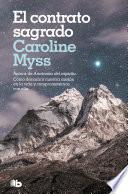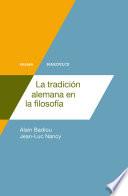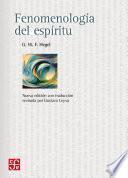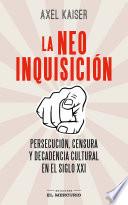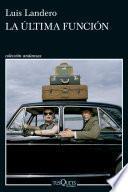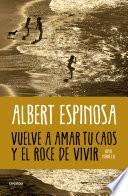Las sirenas y el inquisidor
Ficha del Libro
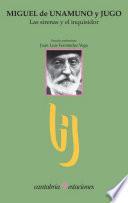
El tramo final de la vida del filósofo y escritor vasco Miguel de Unamuno vino marcado por la pérdida de seres muy queridos (esposa, hija primogénita, hermanos) y por el deterioro de la experiencia de la Segunda República española, que desemboca en 1936 en la Guerra Civil. Estos dos dolorosos procesos, el personal y el sociológico, se reflejan en su trabajo de análisis político, a través de artículos periodísticos, en su expresión poética y en sus reflexiones filosóficas acerca de su propia obra o la de otros. Así, junto al sentimiento del amor y de la nostalgia, Unamuno examina la constitución interna de España, elabora una teoría de la historia, explora el sentido profundo de la catolicidad y de la revolución, y trata de renovar el liberalismo clásico, con un significado nacional-liberal español e hispanizante. Frente a la creciente polarización ideológica dentro de la República, Unamuno apuesta por la “alterutralidad”: el estar en el medio sosteniendo los extremos, impidiendo que una España considere a la otra la anti-España. Al mismo tiempo, la meditación sobre el mito de Don Juan en su drama de 1934 llevó a Unamuno, que leyó y comentó esta obra en la Universidad Internacional de Verano de Santander, a una reelaboración final de su filosofía de la existencia como “representación”. Este libro presenta una selección de artículos políticos, poemas y prólogos escritos por Unamuno entre 1931 y 1935, e incluye un estudio preliminar contextualizando la obra unamuniana tardía. The final stretch in the lifetime of the Basque philosopher and writer Miguel de Unamuno was marked by the loss of some of his most loved ones (wife, first-born daughter, siblings) and by the deterioration of the experience of the Second Spanish Republic, which led in 1936 to the civil war. These two painful processes, the personal and the sociological, are mirrored by his political analyses in newspaper articles, by his poetic expression, and by his philosophical reflections on his own work or that of others. Thus, together with the feeling of love and nostalgia, Unamuno examines the internal constitution of Spain, elaborates a theory of history, explores the profound meaning of catholicity and revolution, and tries to renew classical liberalism, in a Spanish and hispanizing national-liberal spirit. Faced with the growing ideological polarization within the Republic, Unamuno bets on "alterutrality": being in the middle holding the extremes, preventing one Spain from considering the other as anti-Spain. At the same time, the meditation about the myth of Don Juan in his 1934 drama drove Unamuno, who read and commented on this work at the Santander International Summer University, to a final reworking of his philosophy of existence as "representation". This book presents a selection of political articles, poems, and literary prologues written by Unamuno between 1931 and 1935, and it includes an introductory essay contextualizing his late thought.
Ficha Técnica del Libro
Número de páginas 190
Autor:
- Miguel De Unamuno Y Jugo
Categoría:
Formatos Disponibles:
PDF, EPUB, MOBI
¿Cómo obtener el libro?
A continuación, te ofrecemos varias opciones para adquirir el libro.
Valoración
4.8
78 Valoraciones Totales
